The types of culture in Nigeria are incredibly diverse. Anybody who is a little bit acquainted with Nigeria knows that there are different ethnic and cultural groups in the country.
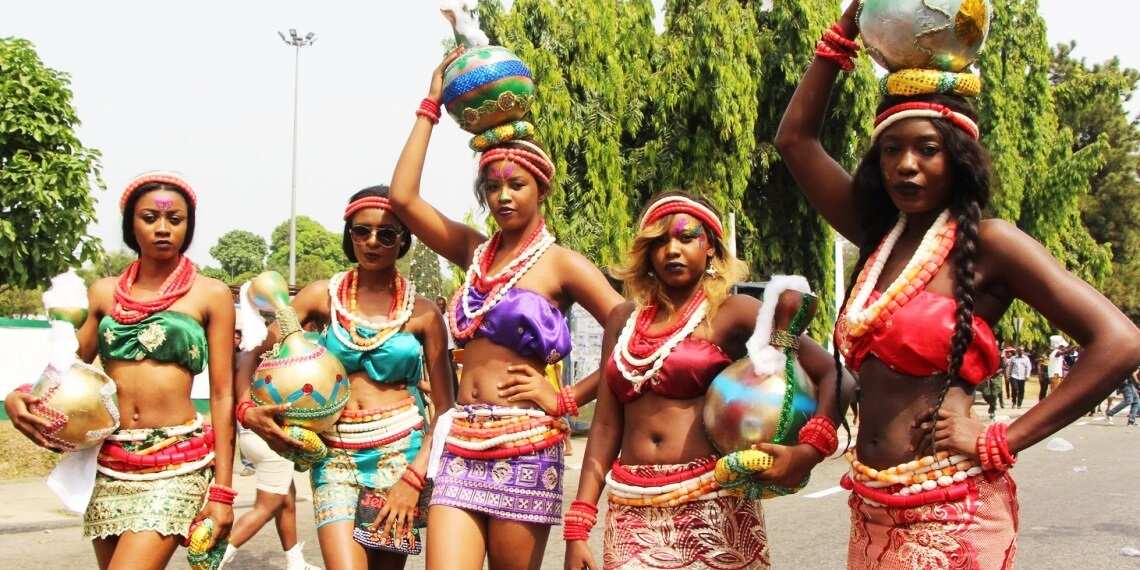
Photo: huffingtonpost.com.au
Ethnic groups in Nigeria
The question, “how many ethnic groups are in Nigeria?” is simple, there are hundreds. However, Nigeria has three major ethnic groups, namely, Yoruba, Hausa-Fulani and Igbo. The culture in Nigeria is multi-ethnic. There are 527 languages in Nigeria, seven of them are extinct. Nigeria also has over 1150 dialects from all the ethnic groups, and every person is Nigeria speaks at least two languages. The six most significant ethnic groups are Hausa, Fulani, Igbo, Yoruba, Efik - Ibibio and Edo.
Various types of culture in Nigeria
A lot of cultures mixed in Nigeria and being a multi-cultural country, Nigeria still preserves authentic national elements..

Photo: nairaland.com
1. Efik-Ibibio culture
Efik-Ibibio culture has significant influence on the Southern Part of Nigeria. The representatives of this culture speak their language, as well as English.
The culture is associated with the lion that is the symbol of this culture. There is a secret society, called the Ekpe (translated into English as “Lion”) that protects the culture. This society elaborated the system of symbols called Nsibidi. The system was transferred to contemporary generation ancient knowledge, and many of the symbols are even taught at school to children.
People of Efik-Ibibio culture eat such dishes as Afañg soup, Edikang Ikong soup, pepper soup, Ukwoho, Atama, Eritan, etc. Many recipes are made of vegetables. Such preference is explained by the geographic position of the culture location.
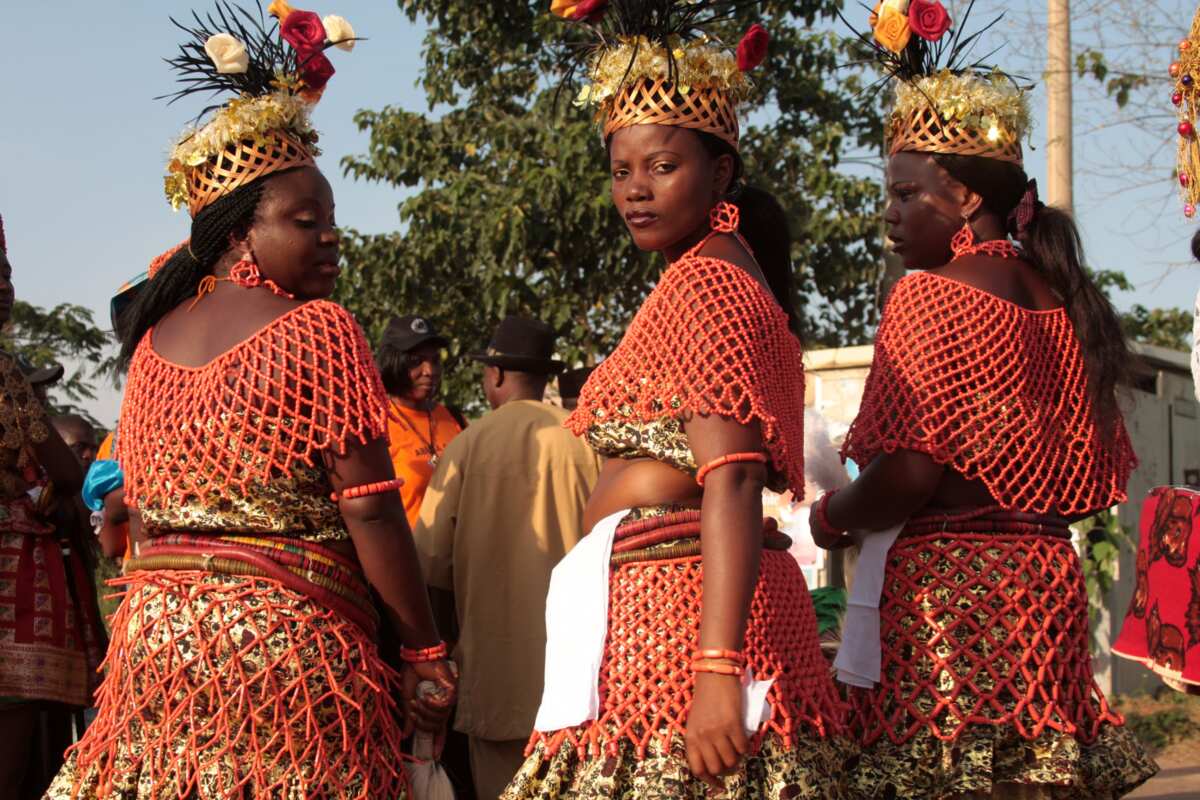
Photo: ihuanedo.ning.com
2. Bini/Edo culture
The indigenes of Bini culture are situated in their majority in Edo State and are spread across the Delta, Ondo, and Rivers states of Nigeria. They also have their language that is called Edo. Among preferable foods of Bini (or Edo) culture are soups: melon or okra soups cooked with bush meat or fish; pounded yam and rice.
People of this culture are religious and believe in the existence of two worlds: the visible world called ‘agbon’ and the spiritual world called ‘erinmwin.’ Their religion is quite interesting and very philosophical. They believe that the creator of these worlds is Osanobua (God Almighty). The people of this culture also believe in the series of fourteen reincarnations. After the fourteenth reincarnation, each soul has to tell Osanubua his or her life plan to define his or her destiny.
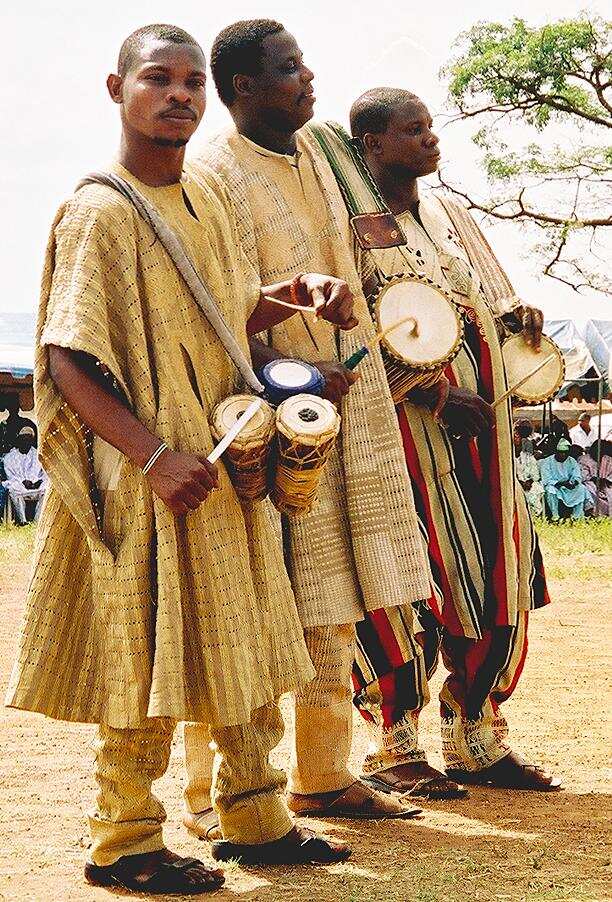
Photo: brokgauz.academic.ru
3. Yoruba culture
Yoruba culture is in the West of Nigeria. It is famous for its works of bronze and sculptures. In Yoruba culture, particular attention is given to names. For example, the name of a new born child strictly depends on the history of the family and ancestors, so family traditions are strictly preserved.
People of this culture eat moin-moin (steamed bean pudding), soups like ewedu, gbegiri, okra, egusi, and efo riro. The women can boast the full range of textile not only for festivities but also for everyday life.
Yoruba people believe in reincarnation and pray for the essential goods in life, majorly, wealth, children, and immortality.
READ ALSO: 10 facts about Nigerian people and culture
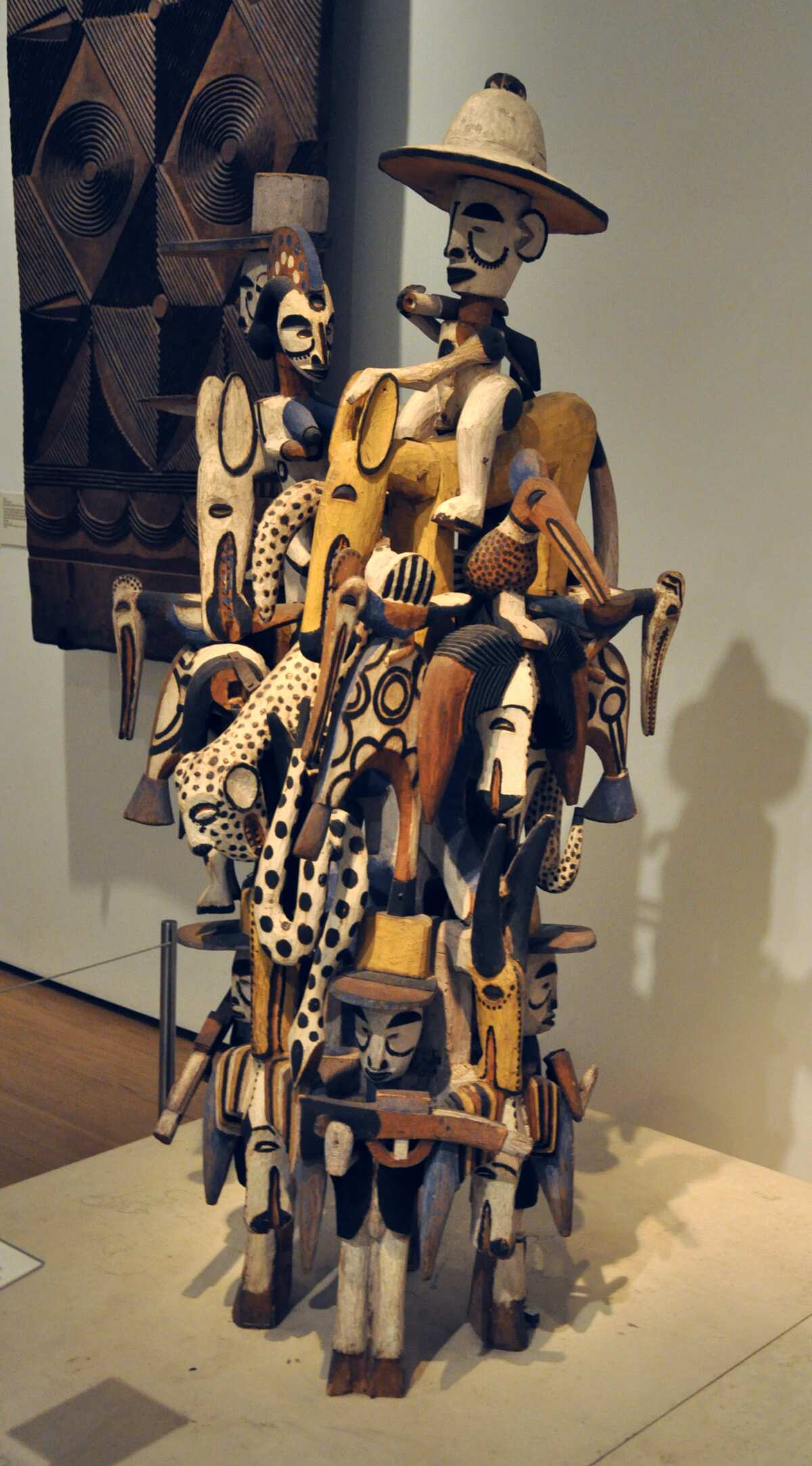
Photo: everipedia.org
4. Igbo culture
Igbo cultural notable trait is melodic music that was developed in the process of iron forging. The musical instruments of Igbo are opi, igbs, and ichaka. In the whole, the culture takes its origins from West Nigeria, and the Igbo music in the form of jazz mixed with traditional Igbo tunes was spread all around the world and was particularly popular in the 20th century. Traditional Nigerian art is represented in Igbo culture in abstract, colorful forms.
The traditional Igbo religion is called Odinani, but nowadays the majority of Igbos are Christians. Harvesting of the yam is an essential tradition for Igbo culture; they organize fest and masquerades to celebrate different festivals, the most popular is the New Yam festival.
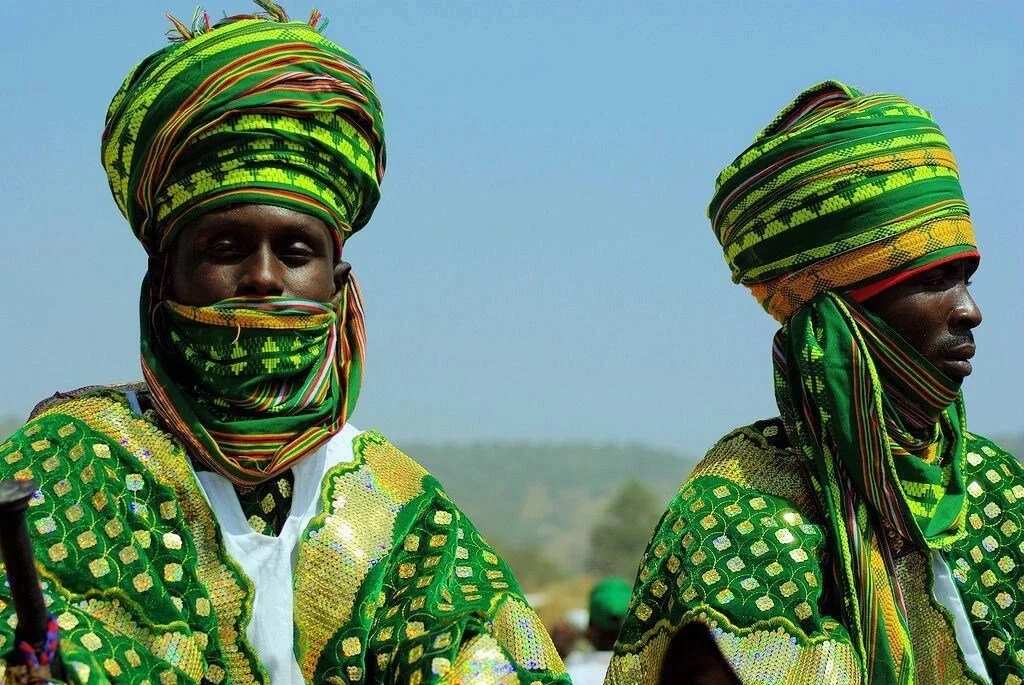
Photo: 123ru.net
5. Hausa-Fulani culture
Hausa-Fulani Culture is spread on the West and North of the country. The Muslim religion became the factor that united two similar (but still a bit different) cultures into one Hausa-Fulani Culture. olygamy in the marriage in the culture is allowed as well as divorce.
Music is a significant part of this culture and the people have a great heritage of work songs; they organize festivities in the centers of the towns and come to dance there.
READ ALSO: What is the difference between culture and tradition?
Religious belief is a significant part of the notion of the culture of any country as well as Nigerian culture and traditions. It is counted that 50 percent of Nigerians are Muslim, 40 percent are Christian, and 10 percent still practice traditional religions and rituals.
Relations between Christians and Muslims and relationship between the ethic groups in Nigeria is quite tense.
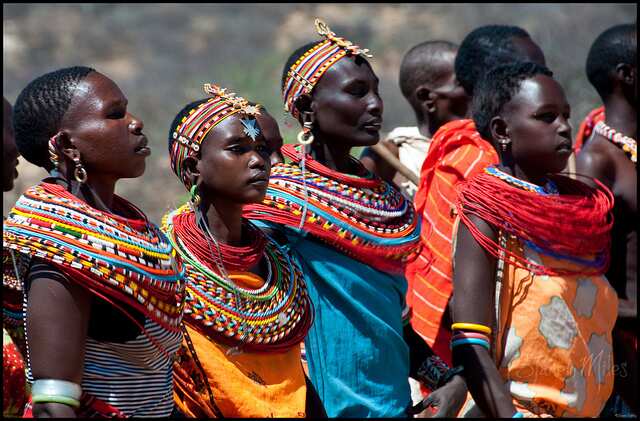
Photo: pinterest.ru
Etiquette is considered by different Nigerian people differently. Age is greatly respected in Nigeria, particularly in Yoruba culture. Senior people have special rights of respect and admiration.
Shaking hands, eating, or passing things with the left hand is unacceptable in many Nigerian cultures. The left hand is considered the hand for personal toiletries and is regarded as a dirty one.
Rituals take an essential part in the life of Nigerian people. Nowadays rituals are more festivals than “rituals” in their authentic meaning. For example, Igbo people think it bad luck to eat yams from the new harvest until after the annual Yam Festival. A Festival is held in honor of the Igbo earth goddess called Ani. In many other cultures, there are festivals too. They are also consecrated to natural powers and can also be held in honor of ancestors.
One important trait of other Nigerian people is that they believe in reincarnation and have different names for gods, sometimes even denoting Heavenly bodies or natural powers.
READ ALSO: Cultural similarities in Nigeria and their differences
Influence of Europeans in cultural heritage of the major ethnic groups in Nigeria
It is supposed by scientists that people have been living in Nigeria for more than twenty-five hundred years; only in 1914, the British colonials formed the borders of the modern country. Even the name of the country was given to it by the British. The journalist Flora Shaw suggested naming of the country after the Niger River.
Maybe these are the most positive consequences of the colonization because it is extremely difficult for a country to develop one’s own culture under the influence of another powerful, destructive and imposed culture. We are going to tell you the essential traits of changes brought by Europeans in the five major ethnic groups in the whole.
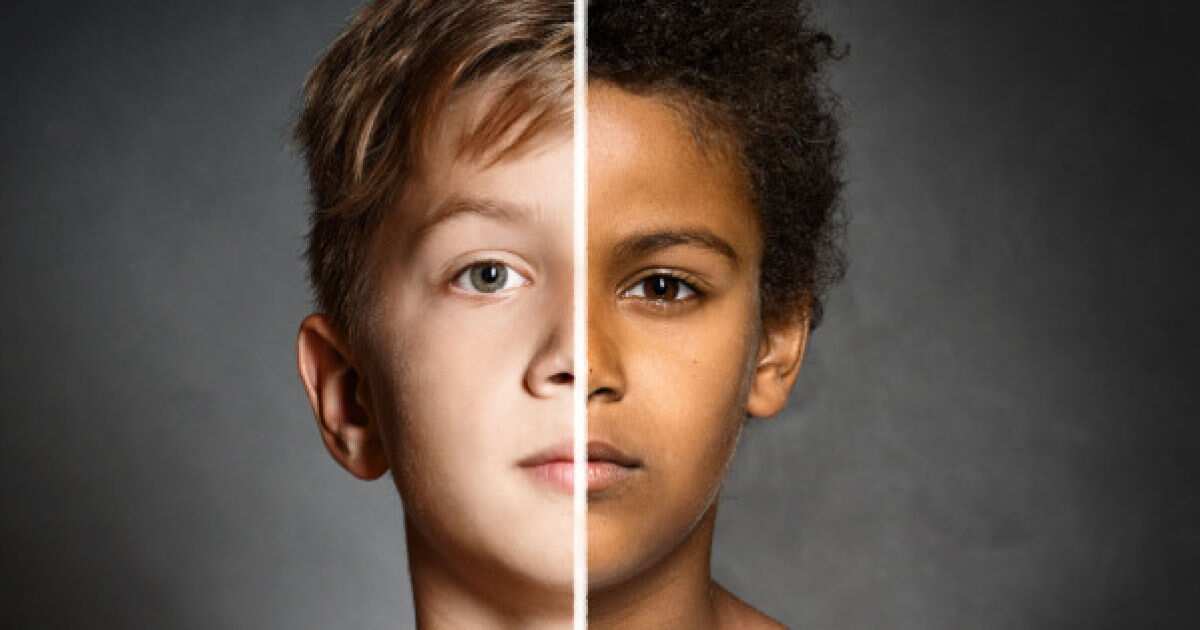
Photo: www.rawpixel.com
- Europeans brought Christianity to Nigeria.
- Colonization stopped the existence of many traditions. Sacrifices and rituals were called off. The importance of a woman`s pride before marriage was also canceled by the behavior of the colonists.
- The Europeans took away many talented artists, sculptors, and musicians. They also carted away many pieces of art, and only a few original artworks remained.
- Dressing habits were also changed by the Europeans. They brought their “fashion” to Nigeria.
- The family unit as the basis for the culture-forming process was also influenced. Though polygamous marriage was reduced, the divorce rate increased. The families were not dependent anymore on the opinion of the tribe, and many families were split up.
- Colonizers killed many moral rules of the settlements of that time.
Nigeria is a multilingual and multicultural country. Of course, it would be interesting to see what would have been if the Europeans did not change many cultural practices of the people of this land.
READ ALSO: Importance of culture in Nigeria
Source: Legit.ng
